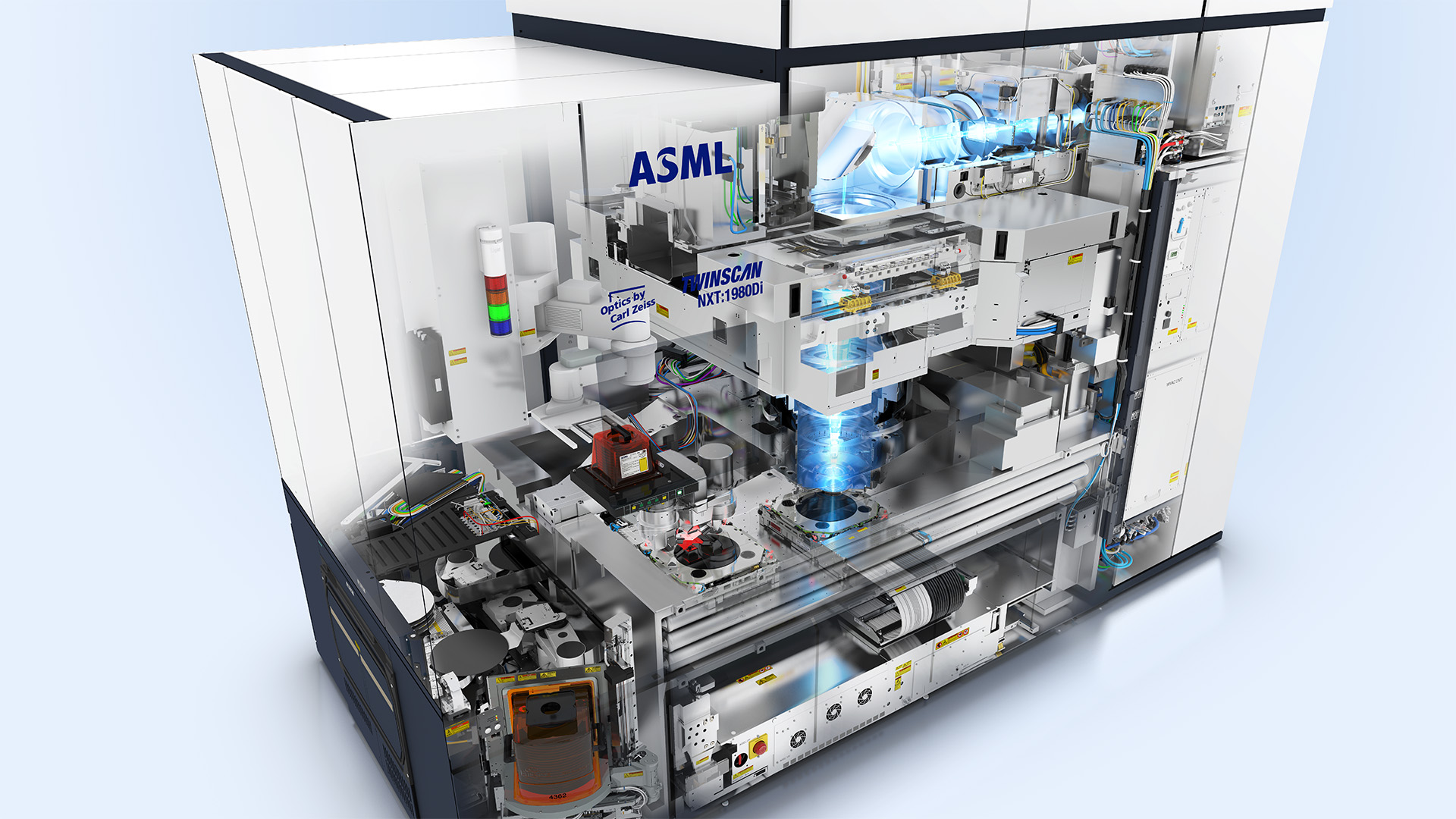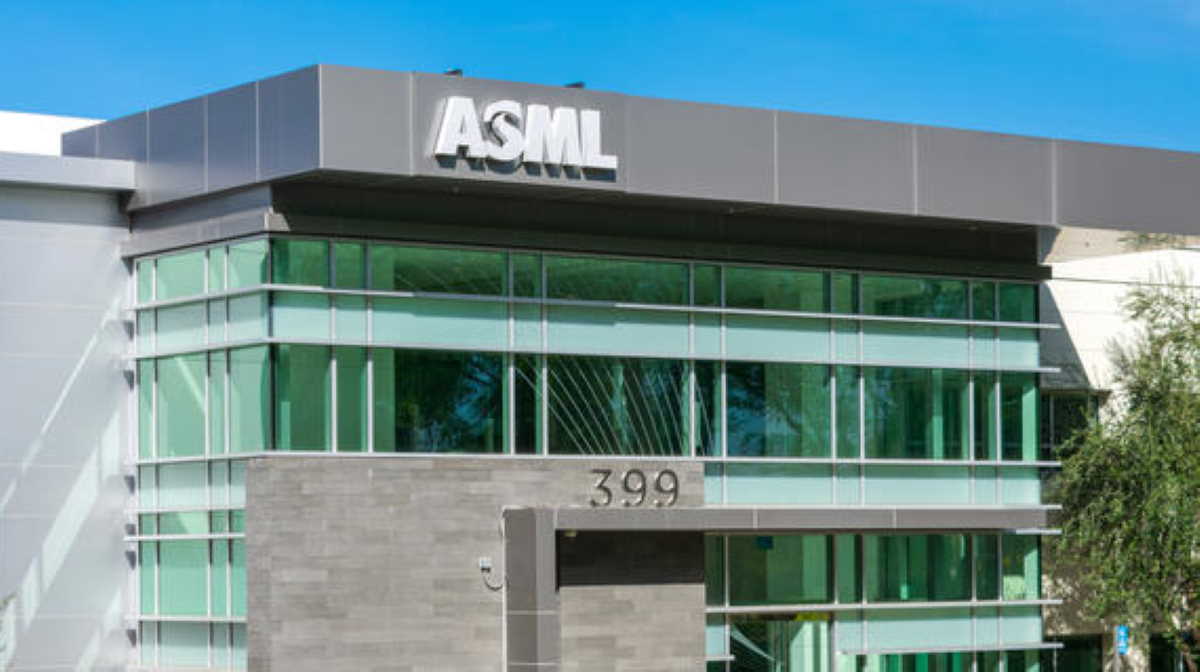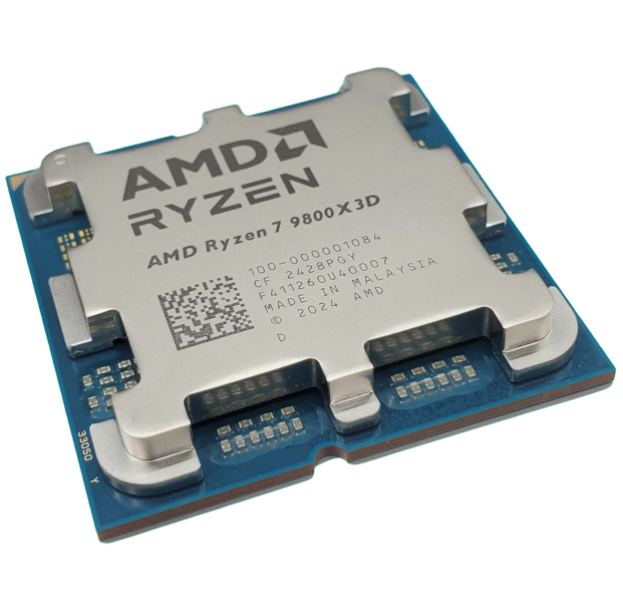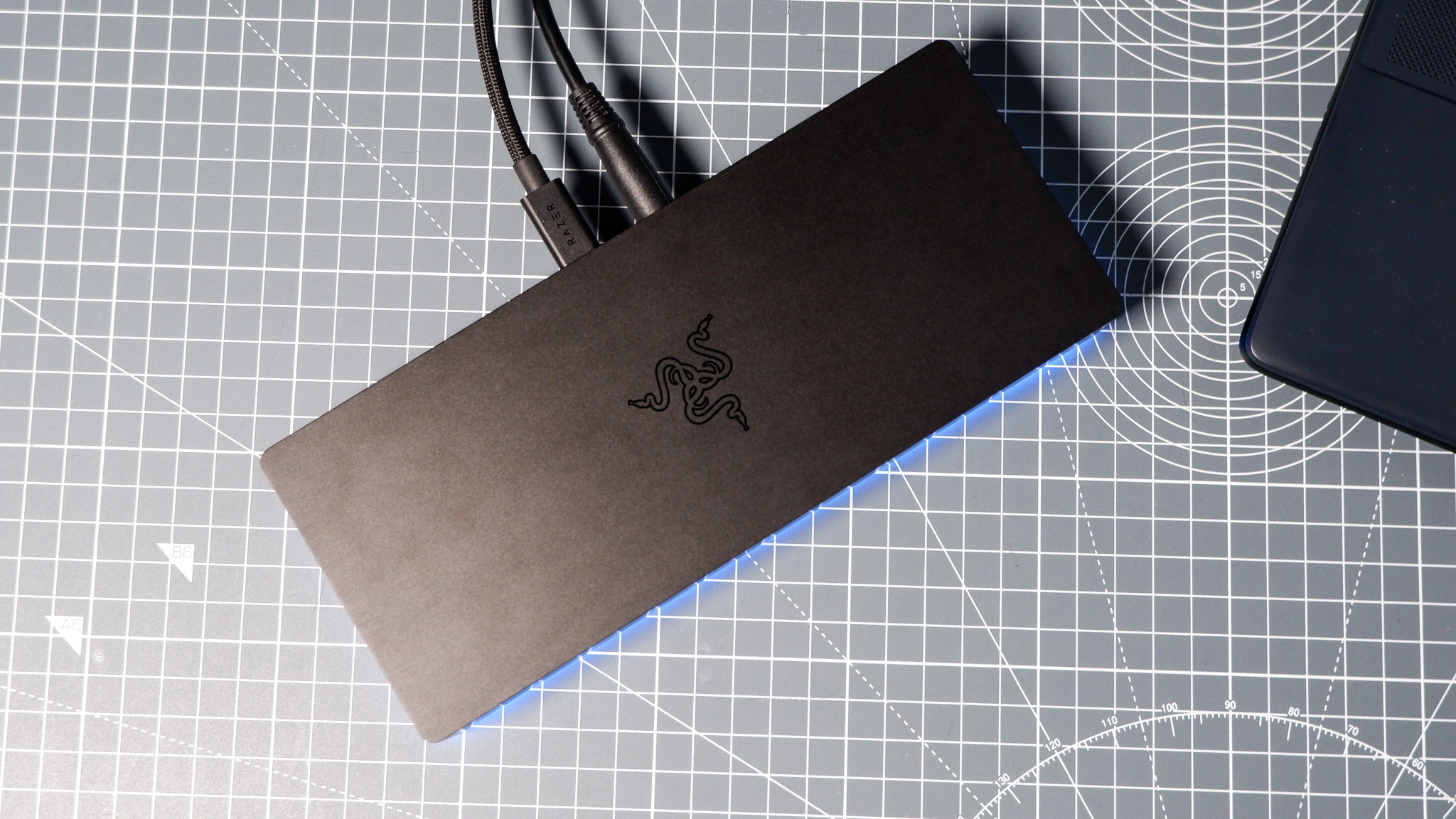Thinktank recommends the EU hit China where it hurts if it restricts access to rare earths: limit the country's access to older chipmaking machines
China uses DUV machines for much of its chip manufacturing.

There's a global game of tug-of-war going on right now. China is heaving one way, the United States the other, and the EU is somewhere in the middle—depends who you're asking and what about. In the last bout of furious tussling, China announced export controls on rare earth minerals, these being crucial to global trade and the manufacturing in many key sectors, including computer chips. This leaves the EU in a very difficult spot: it's so reliant on Chinese exports, yet some would have it spur up its own trade war in response.
The European Commission is reportedly drawing up plans of what might be included in measures to counter China's rare earths controls, according to sources speaking to Bloomberg. Though what these might entail is not yet clear—EU leaders are cautious to spark any further action with an important trading partner if it can be avoided.
Though there are groups pushing for punitive measures. The European Council on Foreign Relations (ECFR) is a think-tank suggesting strict countermeasures to Chinese brute-force diplomacy (via Tom's Hardware). Its recent report suggests a number of ways to go about this, such as automotive parts, jet engines, and specialist parts. Though one key policy it suggest is limiting China's access to Deep Ultraviolet (DUV) lithography machines, used to create computer chips.
DUV is a way of printing designs onto silicon wafers with a fine brush, later to be etched into functioning processors. One of the world's leading suppliers of these machines is Dutch company ASML, which produces its machines by tapping many other European and further afield suppliers, such as Germany's Zeiss, to manufacture parts for them. ASML also manages the servicing for these machines in the field, which means it maintains a relationship with manufacturers and its own experts to keep the machines operating 24 hours a day, 7 days a week.
If China wants a domestic chip manufacturing business, which it absolutely does, it needs DUV. That's because a finer brush, Extreme Ultraviolet lithography (EUV), cannot be sold to China. ASML is the world's only major supplier of EUV machines, and the US and Dutch have rolled out export controls to limit China's access to this complex technology.

It'll be a long time before China can realistically match an EUV machine from ASML—though China is trying—and alternatives like electron beam lithography are caught up in their own politics. For now, China relies on finessing older DUV machines into making high-performance processors. These older machines can often produce a lot of usable chips but trying to make smaller and smaller transistors with DUV rather than EUV involves using increasingly complex tricks, like multi-patterning, which increase costs and time.
Now, a think-tank's suggestion is only as valuable as the government minister that actually listens to it. The European Commission may disregard such a suggestion, and I think they'd be right to do just that.
Keep up to date with the most important stories and the best deals, as picked by the PC Gamer team.
Firstly, this sort of tit-for-tat trade way is exactly what led to this difficult situation in the first place. Secondly, Europe doesn't hold all the cards for DUV. Thirdly, this has already happened and it only serves to increase the demand and urgency for domestic chipmaking efforts in China.

EUV may be dominated by a single European manufacturer, ASML, and was easily curtailed early in its rollout. But DUV machines are also made by Japanese companies, Nikon and Canon. China also has a lot of DUV machines from these companies already and is developing its own tools. Creating or servicing DUV machines in the absence of European involvement is sure to be incredibly challenging and slow going, but China has a much better shot at achieving some sort of DUV success than EUV for the time being. In fact, some reports suggest it already has.
So, it's true that limits to US and European parts for DUV machines would set China's chipmaking industry back a good few years, maybe a decade, but certainly not forever. And in return, China could make Europe squirm under new export controls for rare earth minerals. Right now, China insists it's not going to do that, and the EU is remains cagey about its plans for retaliation, if any.
Trump, however, has made it quite clear he'd be willing to block products made with US software from reaching China if push came to shove.

1. Best overall:
AMD Ryzen 7 9800X3D
2. Best budget:
AMD Ryzen 5 7600X
3. Best mid-range:
AMD Ryzen 7 9700X
4. Best high-end:
AMD Ryzen 9 9950X3D
5. Best AM4 upgrade:
AMD Ryzen 7 5700X3D
6. Best CPU graphics:
AMD Ryzen 7 8700G

Jacob earned his first byline writing for his own tech blog, before graduating into breaking things professionally at PCGamesN. Now he's managing editor of the hardware team at PC Gamer, and you'll usually find him testing the latest components or building a gaming PC.
You must confirm your public display name before commenting
Please logout and then login again, you will then be prompted to enter your display name.

